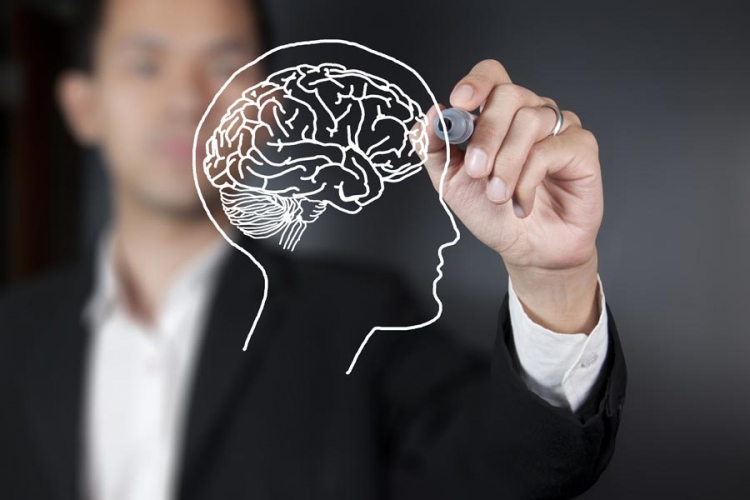
Technology touches every part of our lives. It is everywhere we go, and now artificial intelligence (AI) has emerged as an incredibly important ally in the field of mental health care. There are AI-powered mental wellness tools that are helping to revolutionise the types of mental health support that people can access. They exist in therapy, mindfulness, and self-care. This means they are more accessible than ever before.
They come in the form of AI chatbots or personalise mental health apps, or other apps and devices. However, they have one thing in common. These innovations are capable of providing immediate assistance that is data-driven and tailored to people’s individual needs. Let’s take a look at how apps and devices can help.
The rise of AI as a mental wellness support option
An intersection of AI and mental health care creates a breakthrough in wellness technology. There is no denying just how valuable traditional mental health services can be. However, they are underfunded, overstretched and often difficult to access. AI mental health tools can bridge this gap effortlessly. They can offer a level of support that is complimentary to professional care, but ensuring that everyone has some kind of mental health help immediately. It is estimated that around 60% of people struggle to access traditional help. This is the gap that is being bridged by AI mental wellness tools.
How can these mental wellness tools support mental health?
There are a number of different ways in which AI tools can help support people’s mental health:
Personalised mental health assistance
They can analyse user behaviour, responses and emotions offering personalised recommendations. Depending on the tool this could be real-time emotional support, tracking mood patterns and offering strategies for coping, or even AI CBT tools which can help manage stress
Access 24/7 and instant support
These tools are available anytime unlike traditional support, they offer breathing exercises, comfort to those in stress through chatbots and emergency support when they detect crisis signals which allow them to connect a user with a professional
Early detection, preventative care
It can pick up on the early warning signs of depression, and other conditions such as anxiety allowing it to make suggestions to help
Enhanced therapy and counsellor support
Whilst AI cannot replace a traditional therapist, they can help to enhance the service they offer by giving insights that are data driven. They can also help streamline therapy sessions
AI in stress management and mindfulness
Mindfulness apps can help with emotional regulation and relaxation, many of them offer personalised routines for meditation
There are numerous benefits to be derived from AI-driven mental health support. The biggest of these is that they help to make mental health support more accessible and effective. They offer support that can be immediate, accessible at any time of the day, or night. They also help to break barriers within mental healthcare. With strategies that are personalised and help to offer early intervention AI combines with the option of more traditional support as a backup. They are also a great tool for therapists themselves as they can aide in the analysis of patterns of behaviour.
 Why exercise doesn’t have to mean pain
Why exercise doesn’t have to mean pain  5 Tips on How to Train Your Brain
5 Tips on How to Train Your Brain  Is Your Posture Making You Ill?
Is Your Posture Making You Ill?  Healthy Eating Nutrition Tips for Busy Lifestyles
Healthy Eating Nutrition Tips for Busy Lifestyles  Is it time to embrace Quiet Living?
Is it time to embrace Quiet Living?  Escaping the procrastination trap-how to start your focus era
Escaping the procrastination trap-how to start your focus era  Why 2026’s top bloggers are going back to paper planners to spark creativity
Why 2026’s top bloggers are going back to paper planners to spark creativity